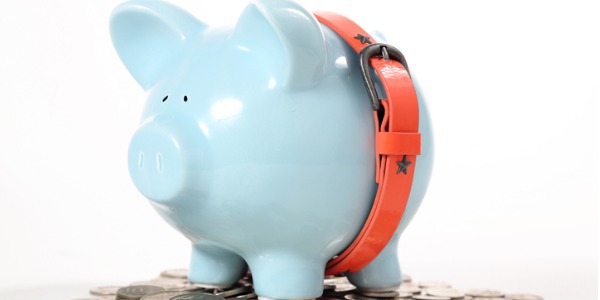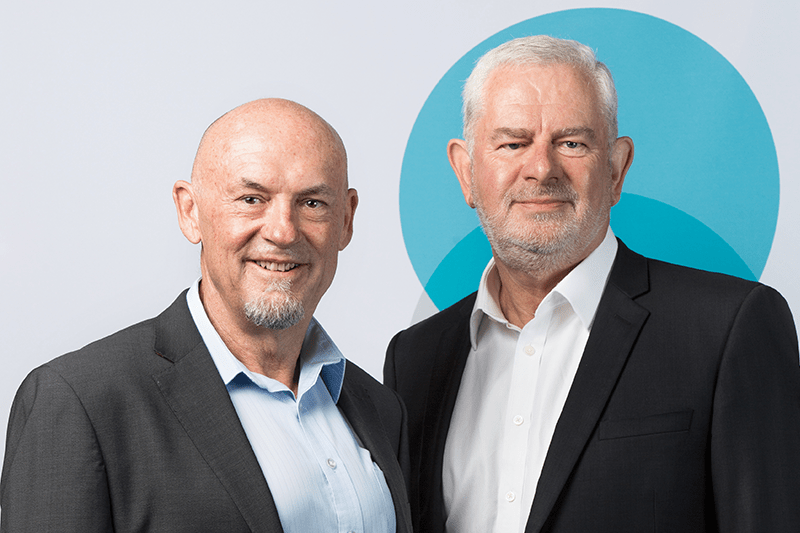By Peter Kelly on 25 March 2020
Let me start this blog by making a promise.
I promise not to use the word “unprecedented”.
This is one word that seems to be having a very heavy workout in recent weeks.
Australians from all walks of life are being directly affected by the Coronavirus pandemic. The way we live our lives is changing on a daily basis as more and more restrictions on our movements are being introduced.
But then, we are living in a time, the likes of which we haven’t seen for a hundred years or more.
Folks, if we all buckle down and embrace good personal hygiene and social distancing, and take the Government’s recommendations and guidance seriously, we will get over this crisis and life will return to normal, but perhaps with a few economic bruises.
And, I am sure we will see a Coronavirus levy being introduced into our tax system at some stage in the future to help rebuild the economy.
But that is not the purpose of today’s blog.
Many readers, their family members and neighbours are currently facing very difficult times and I certainly don’t want to trivialise that.
Some will have lost their jobs or been stood down.
Some will have taken a pay cut as their employer or their business struggles to stay afloat.And some will be experiencing isolation as they work from home or from having been infected by or been in contact with someone that has tested positive to Coronavirus.
For many Australians, living within their means is akin to spending every last cent of their pay without having to resort to their credit card, or using one of the many “buy now – pay later” plans.
But for others, running up a bit of debt is the norm. I was surprised to see people being interviewed as they lined up outside Centrelink the day after the Coronavirus supplement was announced, saying they only had $10 in the bank.
Now, I know I have had the occasional rant about the importance of having an emergency fund to tide us over in difficult times. And perhaps the current economic situation is example of the need for such a fund – but I am not going to go on about that now.
What I would like to talk about is your “austerity budget”.
This is the bare bones, “knock ‘em down and drag ‘em out” budget.
If your income were to halve, could you survive?
If your income were to stop altogether, and you had to rely on Centrelink benefits, could you survive?
How would your spending habits change?
When times become desperate, we have to take desperate measures.
An austerity budget focuses on four key areas of expense:
- A roof over your head. If you have a spare room in your home, that might involve renting out that room to a suitably referenced lodger or extended family member – there will be people who can no longer afford their own home.
- Feeding your family. Prepare home-cooked meals using fresh and healthy ingredients. Fortunately, Australian produces far more fresh food that we could ever consume. Take-away food and home delivered pre-made meals don’t feature in the austerity budget;
- Budget for utilities. Electricity, gas, telecommunications – particularly if you are working from home, or your children are doing their schooling from home.
- Transport., In times of austerity, discretionary travel is not going to be on the agenda but being able to pay fares or run a car to get to work is a necessity. Ensure you have sufficient money set aside to pay for your insurance, registration and other car running expenses as your car now becomes an important investment in your ability to earn money and provide for your family.
If we sit down with a blank sheet of paper and a pen, and spend some time giving serious thought to what we have to spend to survive, rather than what we want to spend, the results are quite revealing.
Perhaps now is the time to be pruning back on excess spending and getting through this awful crisis so that we all come out the other end with a fresh perspective on life, and our finances.
If you find your financial situation is overwhelming, don’t hesitate to seek advice.
The Government’s MoneySmart website has some useful information:
https://moneysmart.gov.au/managing-debt/financial-counselling
Stay safe…



comments